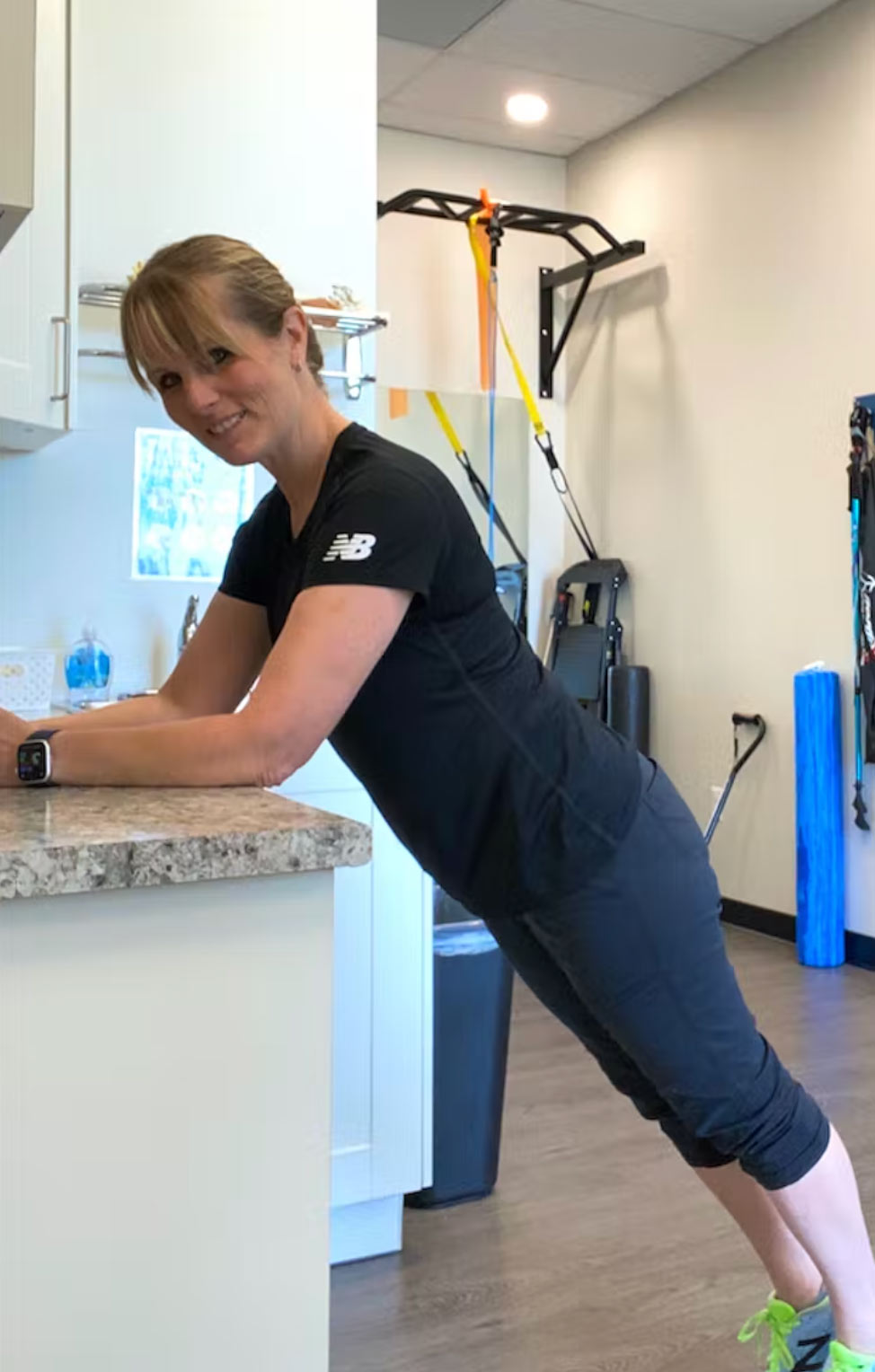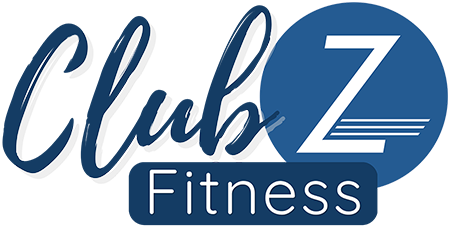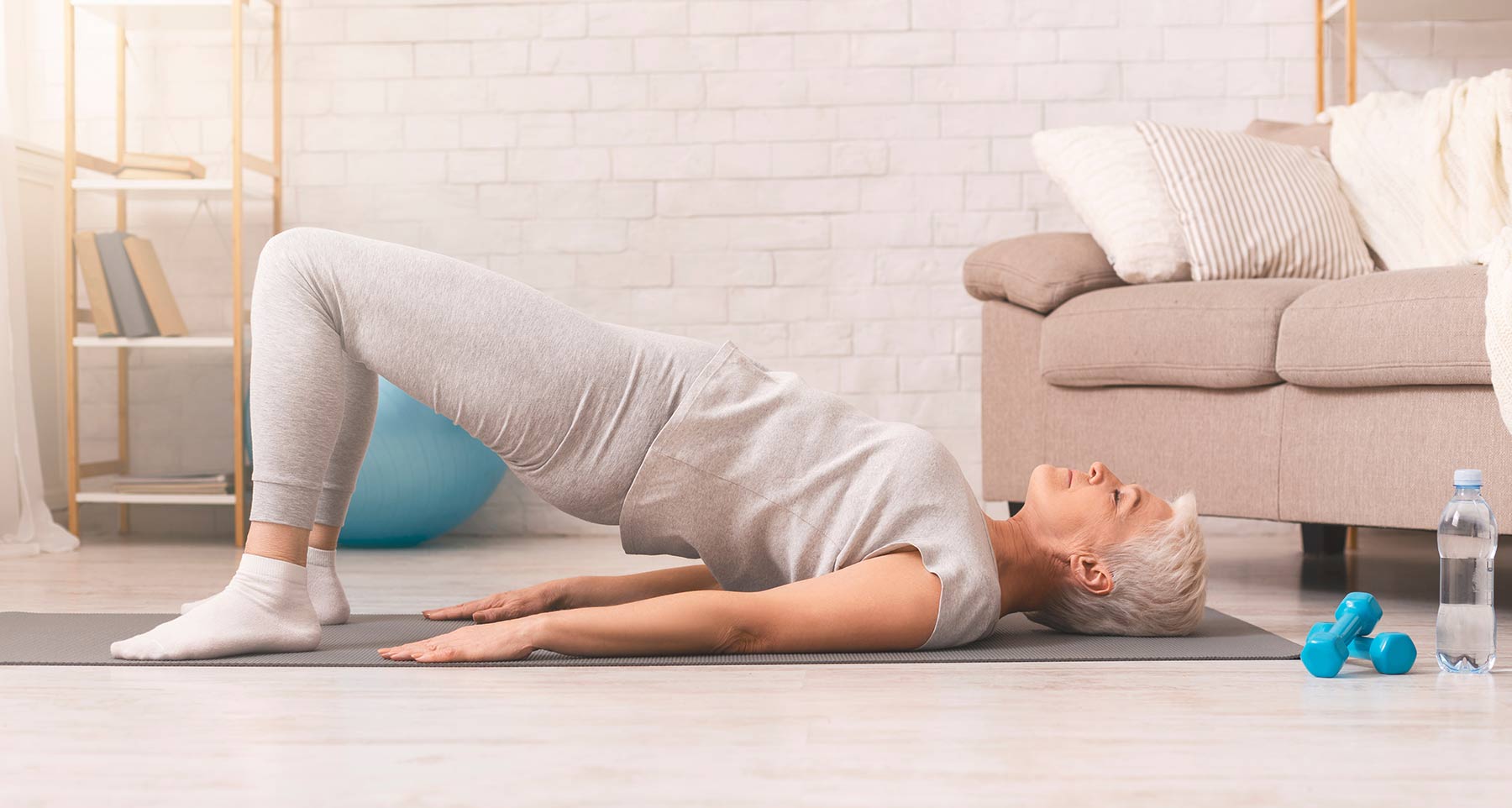We all know (whether we do it or not) that staying physically active and fit is good for our health and can make everyday activities feel easier. The trick with becoming a grandparent is that all of a sudden, your “everyday activities” may change … suddenly and substantially.
The joy associated with spending time with and taking care of grandchildren can be overshadowed by physical discomfort during and after those precious times together. As a physiotherapist, I have helped many clients recover from these kinds of injuries. In many cases, the injuries or discomfort could have been avoided with the right preparation ahead of time.
Grandparenting Is A Sport
In order to be able to grandparent with ease, it helps to think of it this way. When we look at how athletes train to perform best and reduce their risk of injury, we see that they prepare specifically for the demands of their sport. It should be no different for current and soon-to-be grandparents.
The demands associated with grandparenting young children include getting up and down from the floor regularly, repeatedly bending to the floor (think toys, toys and more toys), heavy lifting and carrying (when did two-year-olds get so heavy?), “keeping up” in games like tag and more. Building strength, balance, mobility and endurance can help you cope with all this and more.
Strengthening is important for the legs, arms, back and abdominals. Practicing exercises like squats, bicep curls and holding the plank position can make it easier to carry your grandchild with greater ease and to provide that important “assist” at the playground without getting hurt yourself.

Balance work should involve both static (standing still) and dynamic (moving) exercises. One of my favorite static balance exercises is standing on one foot for 10-15 seconds. For dynamic work, I love using stepping patterns on the floor to practice coordination and quick changes in direction — think about how this could improve your ability to play “tag”.
Improving mobility can make it easier to reach the toys on the floor or get down to the floor (and back up) yourself. These movements require good flexibility and control in the lower back and hips. Often, practicing these activities (with the right technique) is some of the best grandparenting-specific training you can do.
Building endurance is achieved through activities like walking, cycling and swimming. In terms of intensity when doing these activities, you can use the “talk test”; you should be working hard enough that singing would be hard, but you can talk easily. The more endurance you build, the more likely you’ll make it past 2 p.m. with the grandchildren without needing a nap yourself.
Like any fitness routine, the exercises that will be most impactful and safest for you will depend on your starting point. Connecting with a physiotherapist to set up your own grandparenting fitness routine is a great way to reduce your risk of injury and be able to enjoy all the crawling, lifting and chasing you want!

